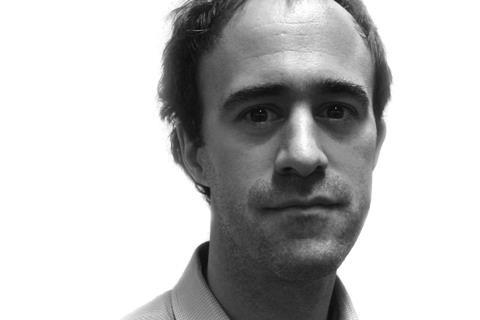Public support for housing development is dependent on the perception of fairness and impartiality

To get to the essence of whatŌĆÖs wrong with Robert JenrickŌĆÖs handling of the 1,500-home Westferry Printworks scheme, you have to first ignore accusations by Labour MPs ŌĆō scenting blood ŌĆō that developer Richard Desmond effectively corruptly bought the planning permission with a ┬Ż12,000 donation to the Tory party.
Why? Firstly, there is no direct evidence of any corrupt payment ŌĆō the donation was the price for the tickets at the fundraising event at which Desmond met Jenrick.
Secondly, the planning permission was worth tens if not hundreds of millions of pounds to Desmond. In the context of a ┬Ż1bn development, DesmondŌĆÖs assertion that ┬Ż12,000 ŌĆō whatever it means to you or I ŌĆō is ŌĆ£too small to be significantŌĆØ has a ring of believability. LetŌĆÖs be honest ŌĆō if he was going to pay a bribe, he would likely have dug a little deeper.
>> Documents prove Jenrick sped up Westferry appeal decision
But just because a problem is being exploited for political ends doesnŌĆÖt mean thereŌĆÖs not a problem. This case isnŌĆÖt about direct corruption, but about the undermining by inappropriate access of a quasi-judicial system, a system whose judgments have enormous ramifications on those affected. Cash for access, perhaps, rather than cash for favours.
Public faith in the planning system is totally dependent upon the idea of its fairness and impartiality ŌĆō and any loss of faith will only make it harder for other developers to win public support. Key to delivering that fairness and impartiality comes from the natural justice principle that no one side in an argument should get an opportunity to make a case to the decision-maker that the other side isnŌĆÖt given.
We wouldnŌĆÖt accept a judge going out for dinner and exchanging texts messages with a defendant in a court case
When the application was debated at public enquiry, the objectors persuaded the inspector of their case. But we donŌĆÖt know what further arguments Desmond made to Jenrick while they sat around the table at the Carlton Club. What arguments would Tower Hamlets Council, the Mayor of London and other objectors have countered with if theyŌĆÖd have been given to opportunity to? The reality is they couldnŌĆÖt respond as they didnŌĆÖt even know the conversation had happened ŌĆō a fundamental breach of fairness.
JenrickŌĆÖs role as a planning decision-maker is quasi-judicial. We wouldnŌĆÖt accept a judge going out for dinner and exchanging texts messages with a defendant in a court case, and we wouldnŌĆÖt need proof the defendant had paid a bribe before relieving the judge of his duties.
While Jenrick did ultimately refuse to meet Desmond to discuss the application, the facts are that within 48 hours of the Carlton Club meeting, Jenrick had contacted the ministry to attempt to rush the application through. In his letter to the select committee, Jenrick said that while he continued to deny any wrongdoing, he did appreciate that ŌĆ£things could and should have been handled in a different mannerŌĆØ. If he remains in post, he will have to work very hard to restore faith.
Joey Gardiner is ║├╔½Ž╚╔·TVŌĆÖs contributing editor




























No comments yet